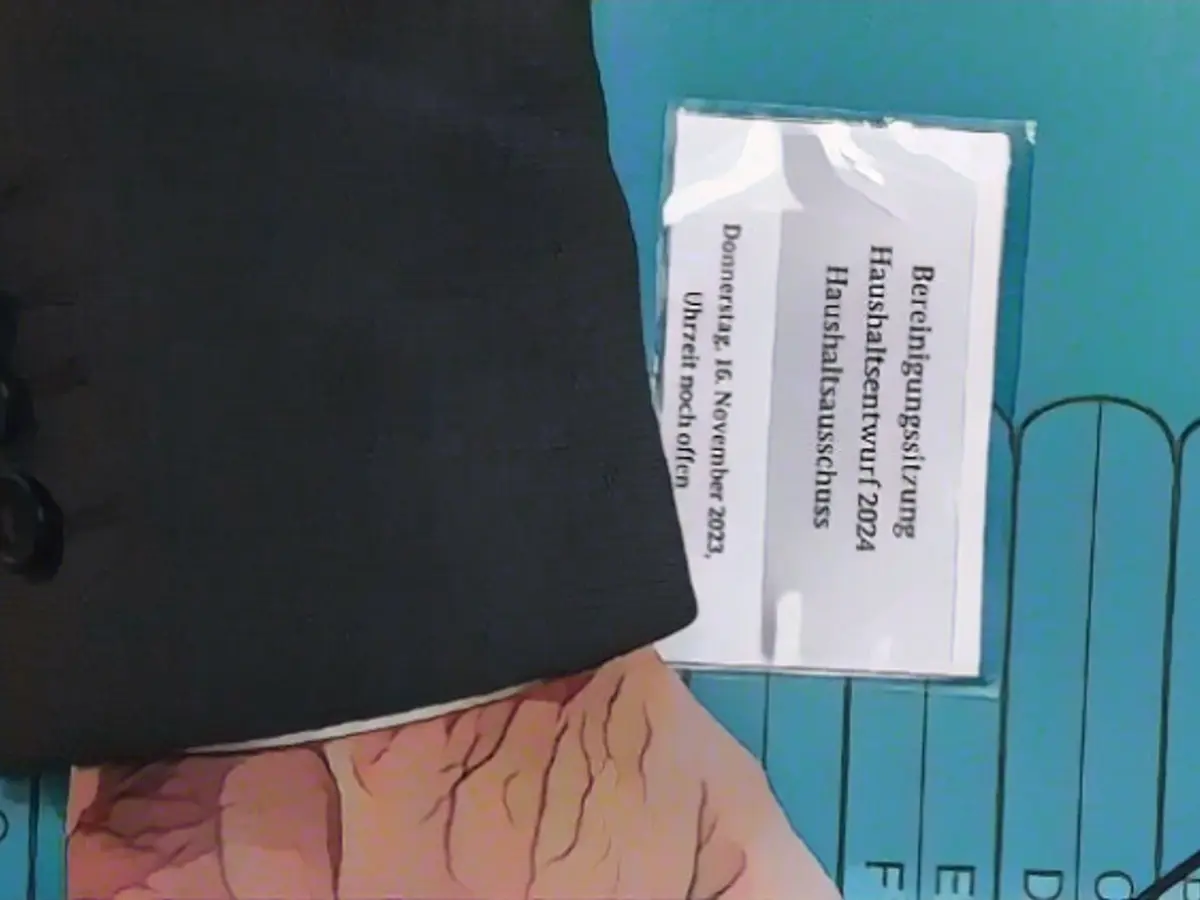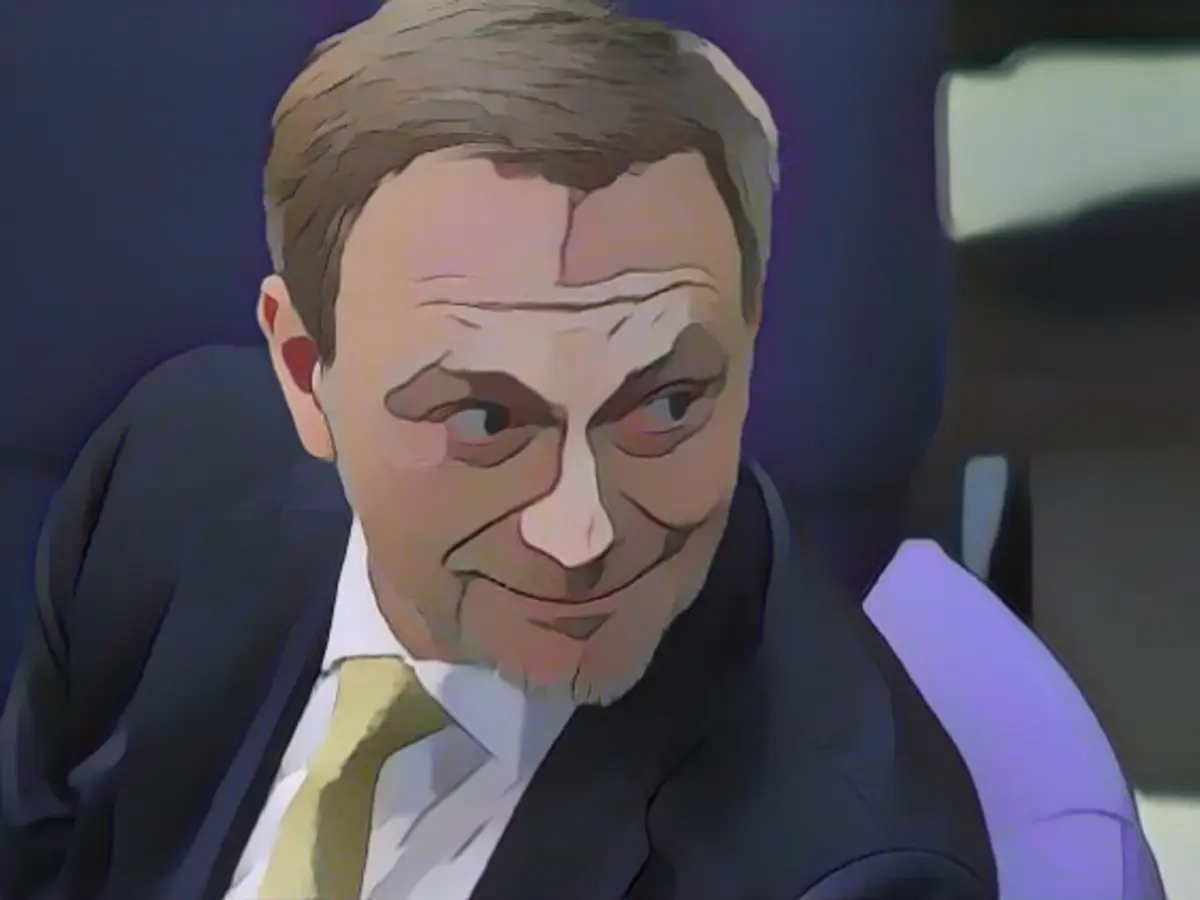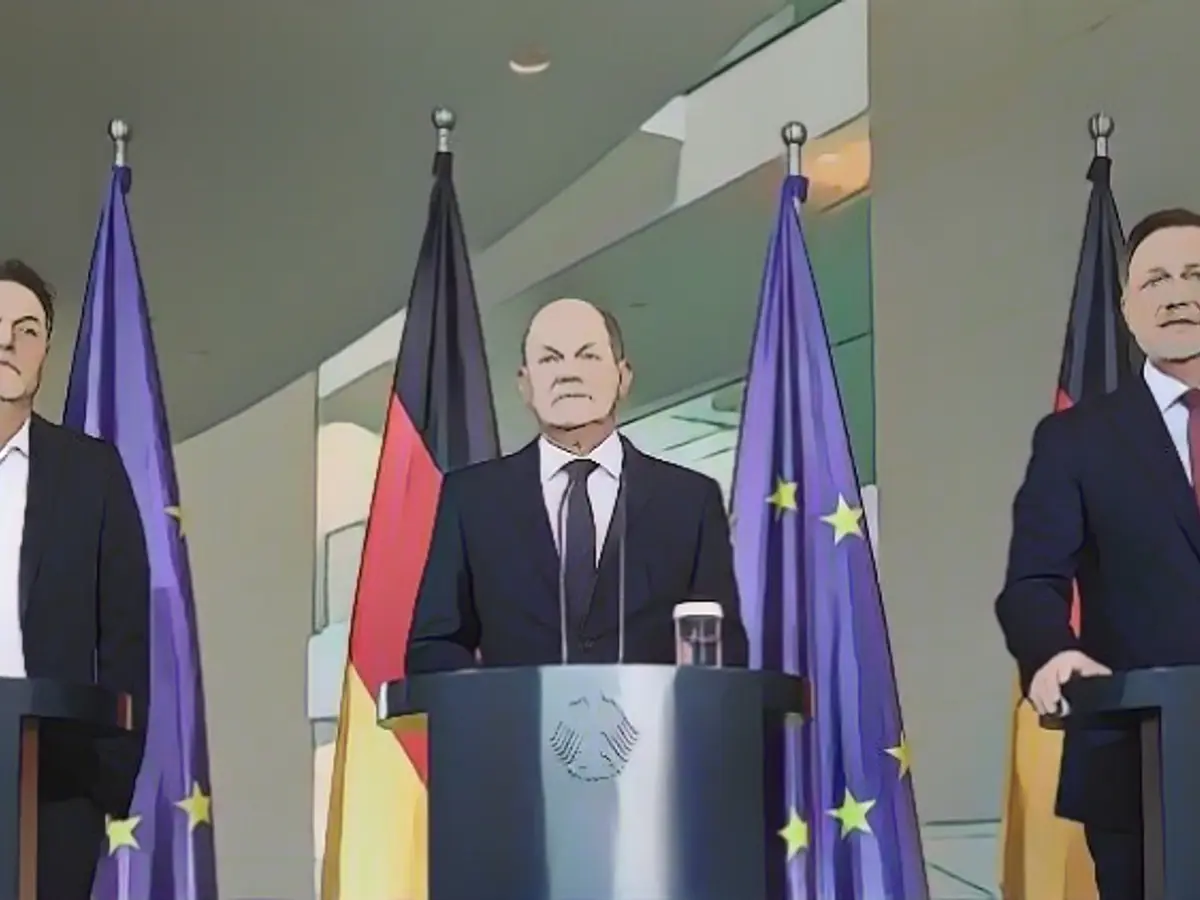Budget Deadlock at Bundestag after Constitutional Court Ruling
In a surprising turn of events, the Bundestag Budget Committee had to halt its final deliberations on the budget for 2024, following a decision by the Federal Constitutional Court that declared a special fund worth 60 billion euros unconstitutional. This stalemate left many unanswered questions during the lengthy session, with the CDU criticizing the traffic light government for ignoring the ruling.
At around 3 am on Wednesday, the chief budget officers of the coalition with the traffic light coalition – Dennis Rohde, Sven-Christian Kindler, and Otto Fricke – announced that the content-heavy deliberations on the ministries' budgets had been finalized after approximately 15 hours. The final session was scheduled for next Thursday, with a digital expert hearing planned for the day prior to discuss the Constitutional Court ruling's implications for the budget.
The ruling by the Federal Constitutional Court required the government to cancel 60 billion euros in unconstitutionally transferred loans. This uncertainty made it challenging to assess the budget's impact, leading the CDU to advocate for postponing the final deliberations until these implications became clearer. Section 32 (interest) and Section 60 (financial administration) were marked for discussion in the special session on Thursday, according to the coalition budgeters.
Finance Minister Christian Lindner initially anticipated new debt of 16.6 billion euros. However, due to the worsening economic outlook, an additional 5.5 billion euros had been earmarked, increasing the scope for debt. Compliance with the debt brake for the second consecutive year remained the goal.
No Budgetary Decisions on Ukraine Aid
Section 60 (general financial administration) contained several unresolved projects, such as a significant increase in military aid for Ukraine to eight billion euros in the upcoming year. The Ampel politicians argued that they would evaluate the Karlsruhe ruling's impact before making a decision, thereby utilizing the extra time. CDU/CSU, meanwhile, accused the Ampel coalition of obstinacy by refusing to cooperate and not submitting a single amendment to the federal budget.
The coalition budgeters planned to explain the decisions regarding individual ministries to the press the following morning. Conversely, the CDU/CSU accused the coalition of bypassing the Karlsruhe ruling, as if it had never occurred. CDU leader Friedrich Merz expressed his disapproval of their approach, predicting a potential reversion to an unconstitutional federal budget.
Merz Calls for Priorities in Spending
Merz urged the coalition to prioritize its budgetary decisions, suggesting the option of abandoning initiatives such as the basic child protection plan, which he perceived as expensive bureaucracy with minimal improvements for families. He argued that taking this action would demonstrate the coalition's commitment to change.
Merz also hinted at considering a legal challenge against the 200 billion euro defense shield intended to mitigate energy prices' surge as a result of the Ukraine crisis. He anticipated receiving a legal opinion on the matter within the upcoming fortnight.
Government Assessing Consequences of Karlsruhe Ruling
The German government was in the process of examining the implications of the Karlsruhe ruling for the Economic Stabilization Fund (WSF), which was established in 2022 with the suspension of the debt brake. The government used this fund to finance the gas and electricity price brakes, as well as provide an extension of these brakes until March 2024. The majority of the expenses would be incurred during the current year.
The CDU is currently facing criticism from the traffic light coalition due to its refusal to address the Karlsruhe ruling's consequences on the 60 billion euro special fund, which plays a crucial role in the budget policy. Merz, the CDU leader, has called for a reevaluation of priorities and expenditures to ensure adherence to fiscal responsibility.
[1] Federal Constitutional Court Ruling (Second Supplementary Budget Act 2021):
New additions come in blue.
As the Bundestag grapples with the implications of the Federal Constitutional Court's ruling on the 60 billion euro special fund, CDU leader Friedrich Merz has urged the coalition to reassess its priorities. Merz emphasized the need to abandon costly initiatives like the basic child protection plan to demonstrate a commitment to change. Adding to the controversy, the CDU is considering a legal challenge against the 200 billion euro defense shield to address soaring energy prices. Concurrently, the German government is evaluating the consequences of the Karlsruhe ruling on the Economic Stabilization Fund (WSF).








